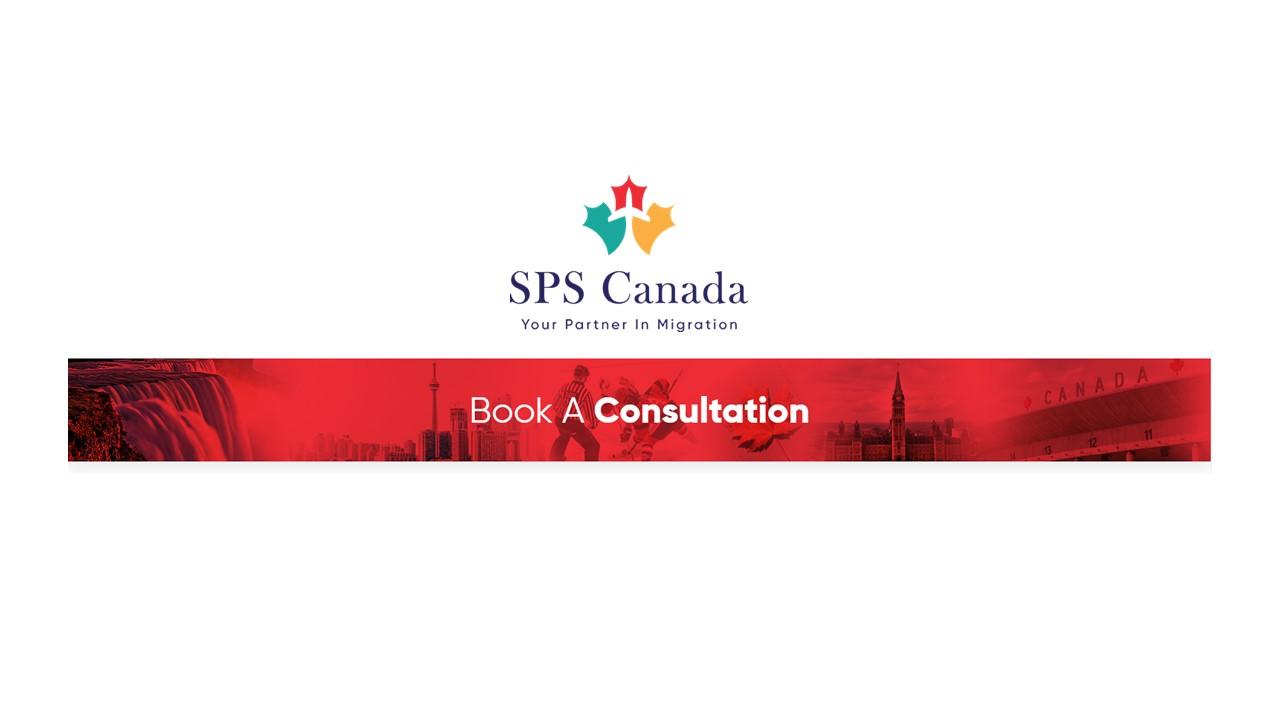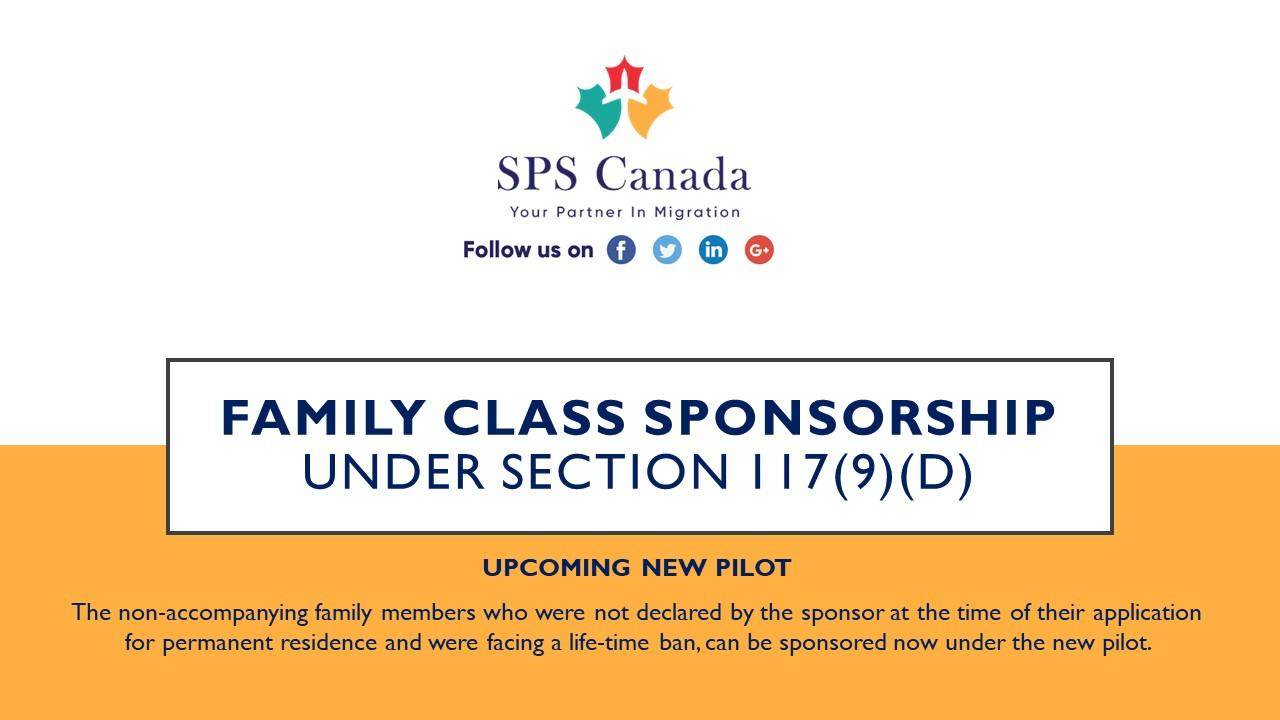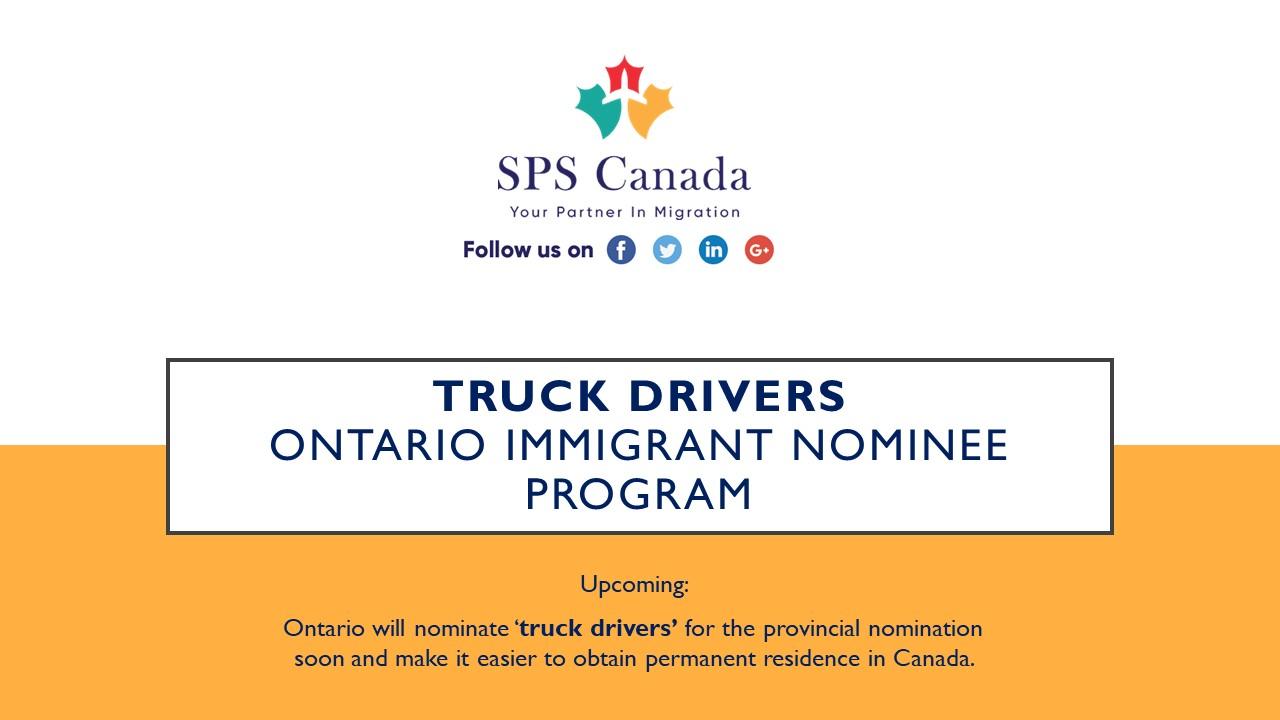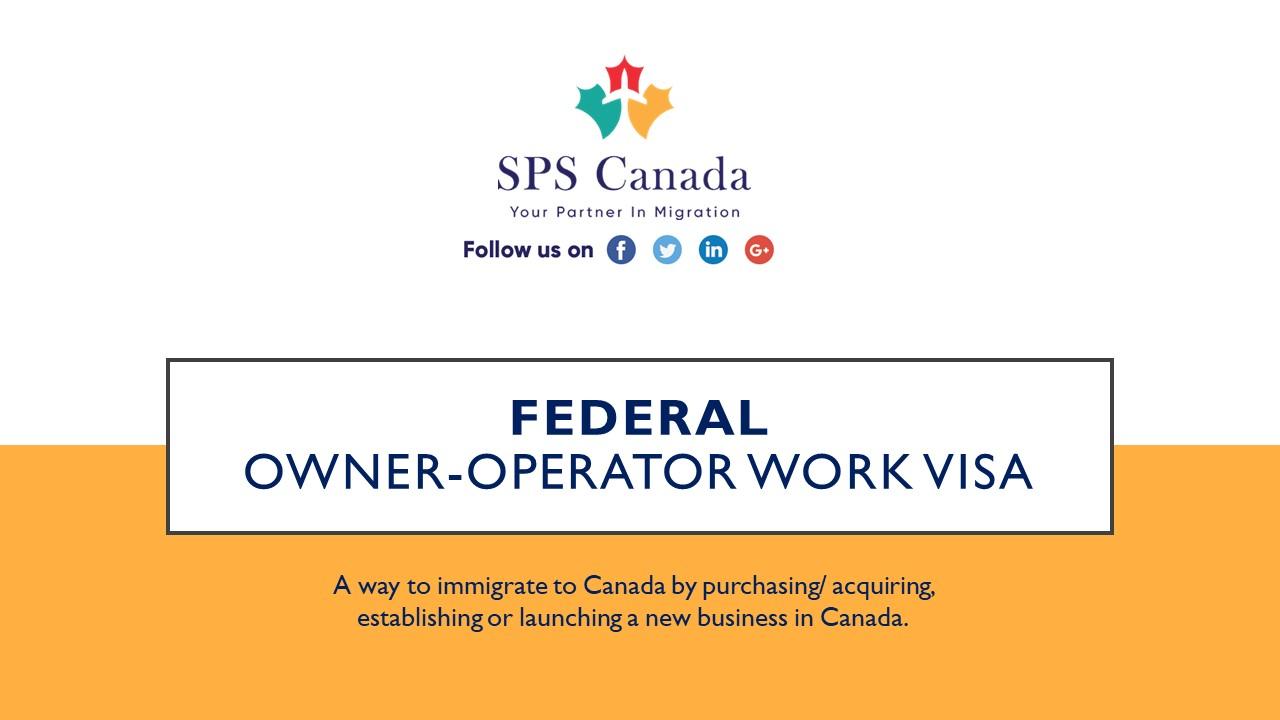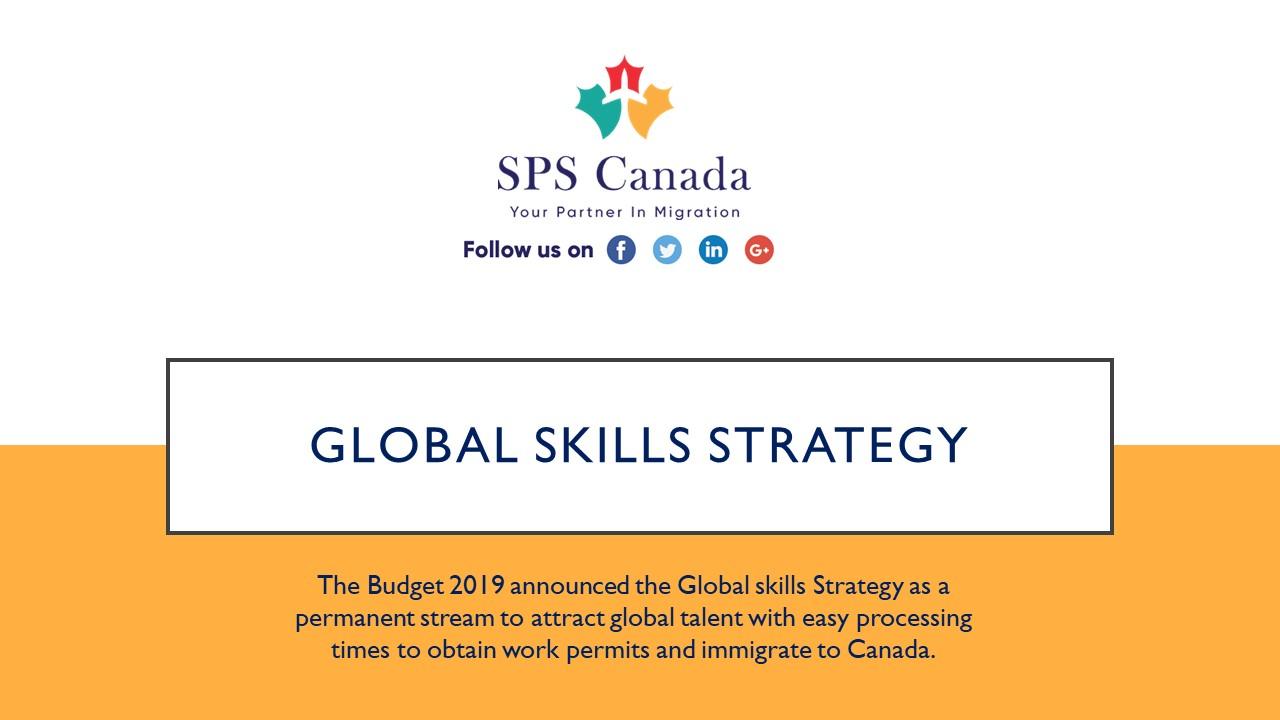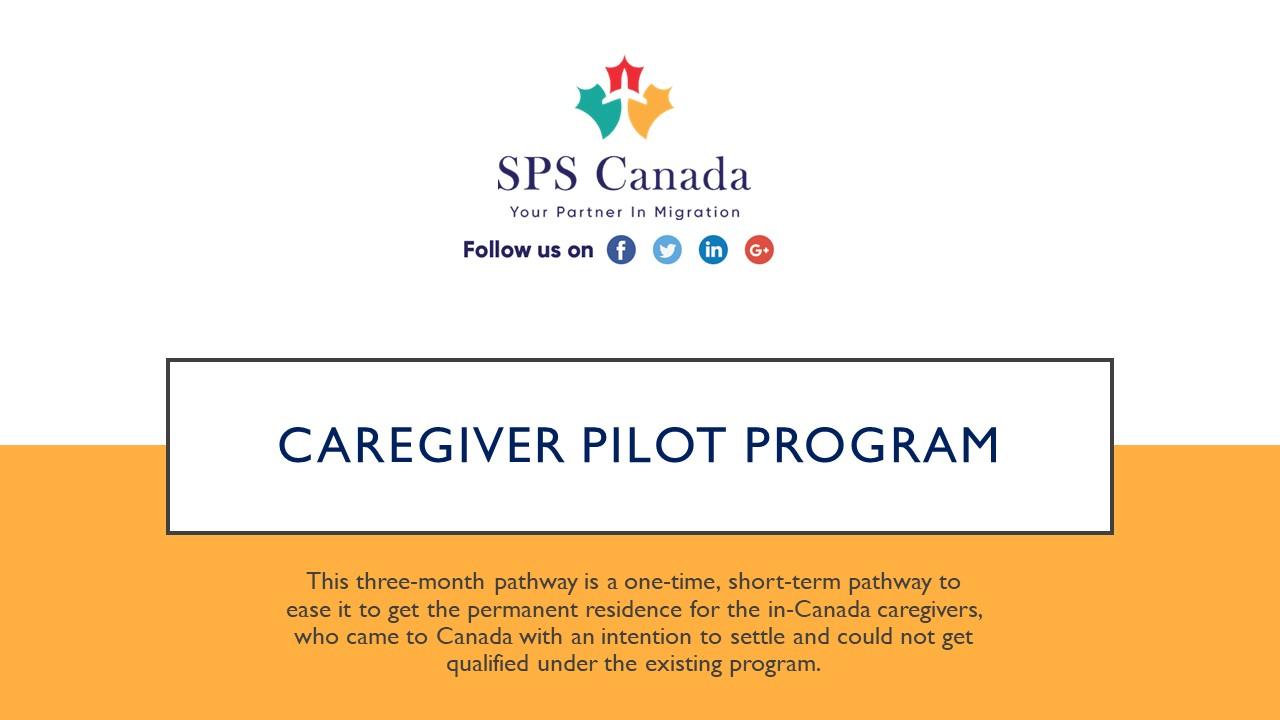The Federal and provincial government of Canada have devised various federal and provincial programs to facilitate the movement of business immigrants to Canada. International businessmen willing to migrate to Canada, previously, had to undergo complicated immigration processes before even thinking of starting an idea for a new or existing business.
The federal government’s immigration programs like Immigrant Investor Venture Capital (IIVC) Pilot Program and Start-Up Visa Program targeted high net-worth individuals and mid-level net worth individuals. For several reasons including the high threshold requirements, these programs were not attractive to the wealthy businessmen across the world, while not giving options to potential/interested business operators to come to Canada.
Options for Owner-Operators to work in Canada
In an attempt to make the movement easier, there are two types of work visa that are suitable for Owner-Operators:
- Owner-Operator Work Permit based on LMIA
- 2. Owner-Operator Work Permit under the category of International Mobility Program
This blog will discuss the first option to obtain a work visa as an owner/operator.
The federal Owner-Operator LMIA work visa facilitates the entry of foreign businessmen and operates a business in Canada smoothly, with fewer requirements and procedures to follow.
Similarly, the work permit under the international mobility program for Owner-Operators seek a few eligibility requirements while making the process easier and quicker. However, this category is open for either business operated for ‘Canadian interests’ or fall under ‘International Agreements’.
Temporary Foreign worker program-Owner-Operator category
Any foreign national who intends to work in Canada would fall under the Temporary Foreign Worker program. The foreign investor interested in purchasing a new business, acquiring an existing Canadian business can work/operate the business with a valid type of work visa, supported by a positive Labour Market Impact Assessment.
An LMIA is also an important alternative for investors with enough capital to start their own venture, but who do not wish to work with/or are unable to work with investment organization, and who do not have any option under the PNP were to intend to operate.
The Labour Market Impact Assessment: Exemptions to minimal advertising requirements
The Employment and Social Development Canada (ESDC) is responsible for the Labour Market Impact Assessment in an application by an employer to hire a foreigner to work in Canada. The application of and obtaining a positive LMIA is a critical step and employer must, generally, satisfy the minimum advertising requirements, which is a lengthy process.
However, the application for an Owner-Operator LMIA is exempted from minimum advertising requirement, simplifying the process to obtain an authorization to own/operate a business in Canada.
A positive LMIA awards 50 or 200 additional points for the Express entry profile, which in most cases get the owner-operator an invitation to apply for the permanent residency.
This category is an excellent opportunity to obtain permanent residency for Temporary Foreign Workers who are self-employed but are unable to qualify under the category of “self-employed” or “entrepreneurial/investment” streams.
2 key exemptions under Owner-Operator LMIA
According to the IRCC’s guidelines, to qualify for the exemptions for the application under TFW:
- A foreign employee/investor must have a “controlling interest” in the business and must be actively involved in the operations. His position must fall under the National Occupation Classification (NOC) type 0, A or B occupation. A controlling interest/shareholder means the person is a sole proprietor, the only voting shareholder or holder of at least 50.1% of the shares.
- The employer of the foreign employee/investor must be an entity (person, business, corporation or organization) who is willing to appoint the foreign employee/investor to work for the business for compensation and for a known term, in Canada. The employee and the employer must demonstrate a clear relationship with evidence to allow the administration of regulations.
If these requirements are met and supported by required documents clearly, the foreign Owner-Operator is exempted from going through minimum advertising requirements for the LMIA application, saving plenty of efforts and time for a businessperson to relocate and operate the businesses smoothly.
A Viable Transition Plan
The Owner-Operator must demonstrate through a feasible transition plan that his appointment in Canada will create and retain more employment opportunities for Canadians and permanent residents. A Transition plan would include projections on profitability, sales, growth plan, employment, etc. Having a transition plan prepared is a key requirement in the application to obtain a positive LMIA.
Evaluation by ESDC officers
A genuine relationship/transaction is the most important point for evaluation by the ESDC officers. Therefore, it is crucial to include proper documentation depending upon the stages of the transaction i.e. if the purchase of ownership is complete, partial, or it is a matter of setting up a new business.
There are two options for business owners to apply for express entry profile: the Federal Skilled Worker stream for those with less than one year of work experience in Canada, and the Canadian Experience Class, for those with one year or more year of Canadian experience.


